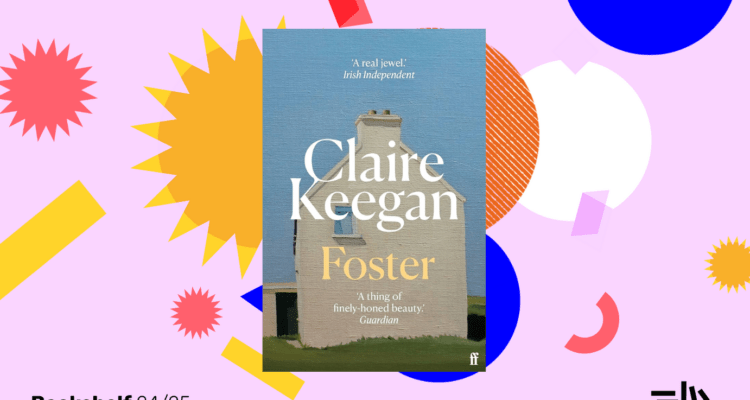Featured Poem: Work without hope by Samuel Taylor Coleridge

Samuel Taylor Coleridge was born in Devon in 1772 and passed away on 25 July 1834 in the Highgate area of London, making today the 182nd anniversary of his death.
A bookish child, Coleridge was the youngest of 13 children and at the age of eight, he was sent to Christ's Hospital charity school where his love of poetry bloomed. He was rarely allowed to return home during the school term and it's thought that this distance form his family had a profound effect upon him. He wrote of loneliness during this time in his poem Frost at Midnight.
Coleridge was crippled with bouts of anxiety and depression throughout his life and it is thought that he might have suffered from the then undiagnosed, Bipolar Disorder. He also suffered physical ill health having contracted rheumatic fever in his youth, and was treated with laudanum which led to a lifelong dependence on opium.
A poet, literary critic and philosopher, Coleridge, along with his friend William Wordsworth, founded the Romantic Movement in England. His work influenced many prominent poems from the era. Many of his most famous poems have featured on these pages before, including Kubla Khan and The Rime of the Ancient Mariner, but today we look at Work without hope.
Work without Hope
Share
Related Articles

December’s Stories and Poems
The Reader Bookshelf theme of ‘Wonder’ might make many of us think of the very special kind of wonder which…

December’s Choice From The Reader Bookshelf
The Reader Bookshelf is a carefully curated collection of literature for adults and children, exploring a different theme each year, this year’s…

November’s Stories and Poems
This month, we are turning our focus to a major part of The Reader’s in Criminal Justice settings. For 15…


